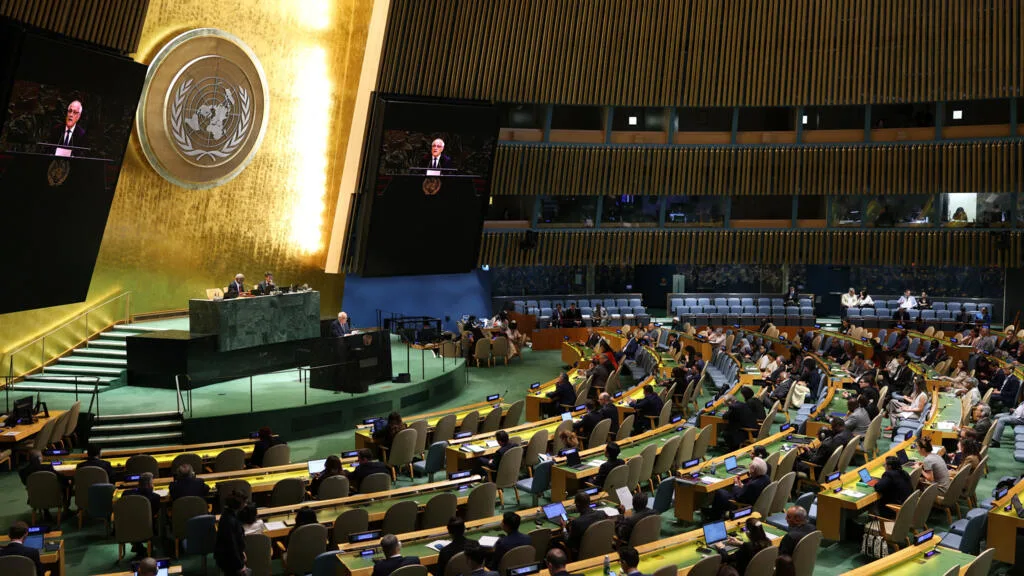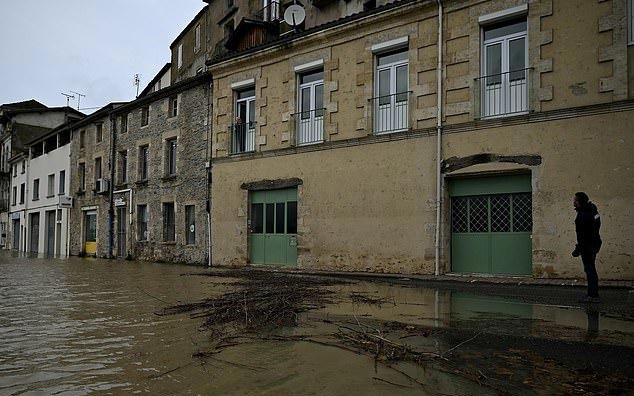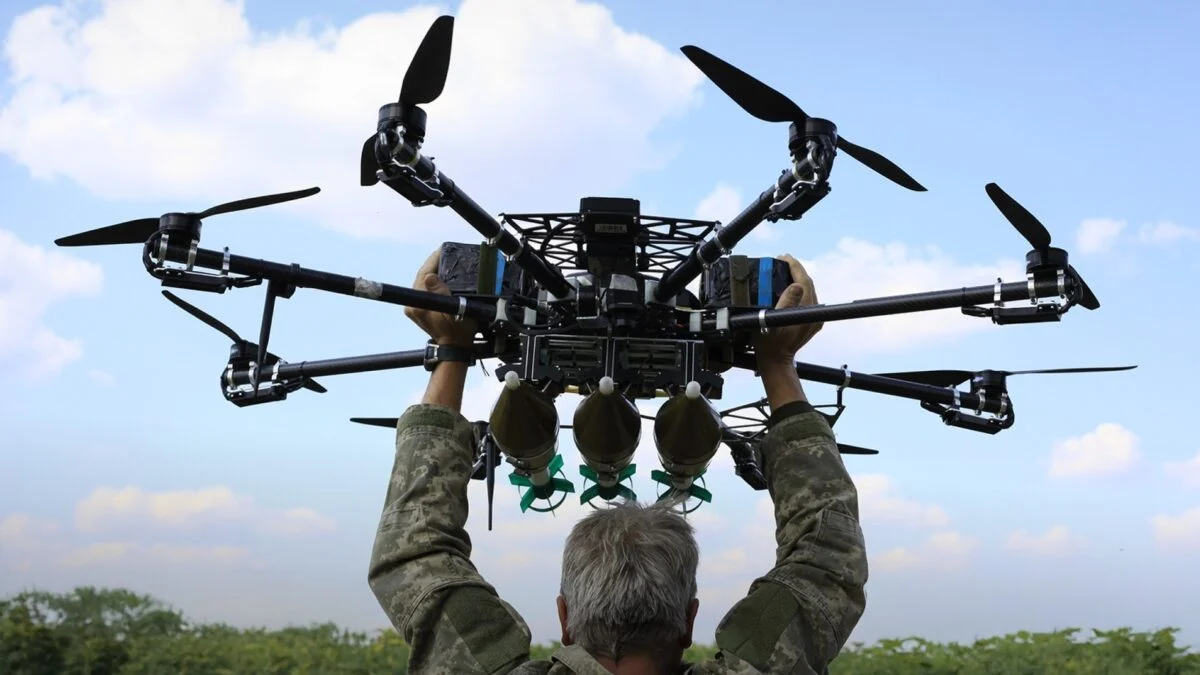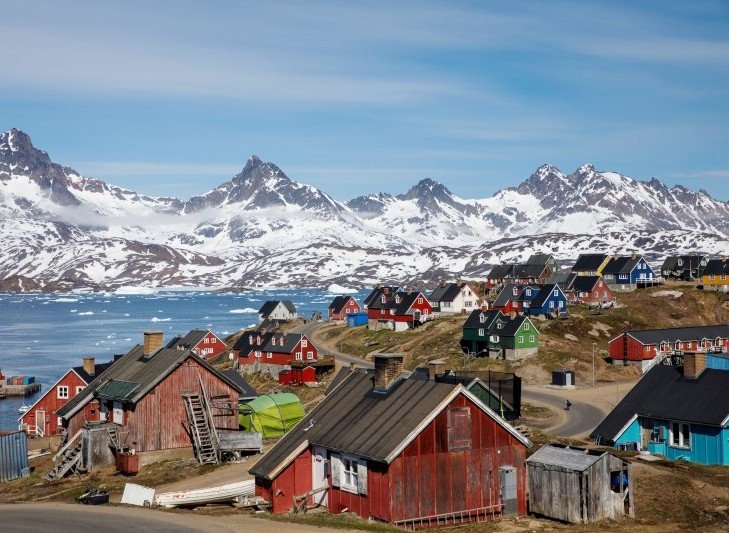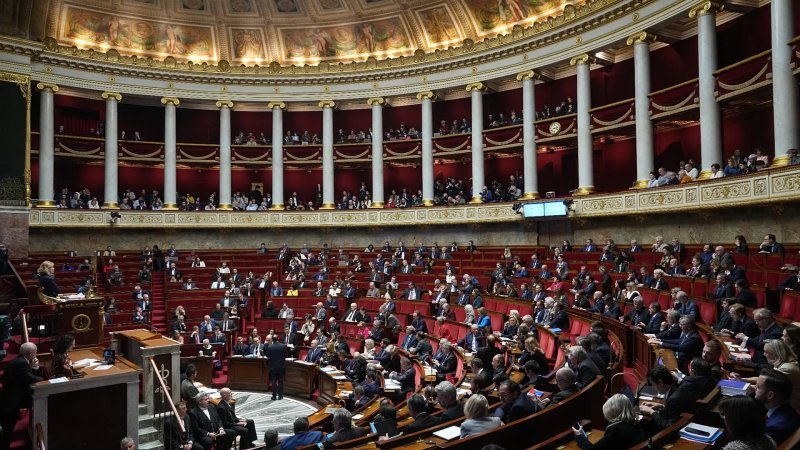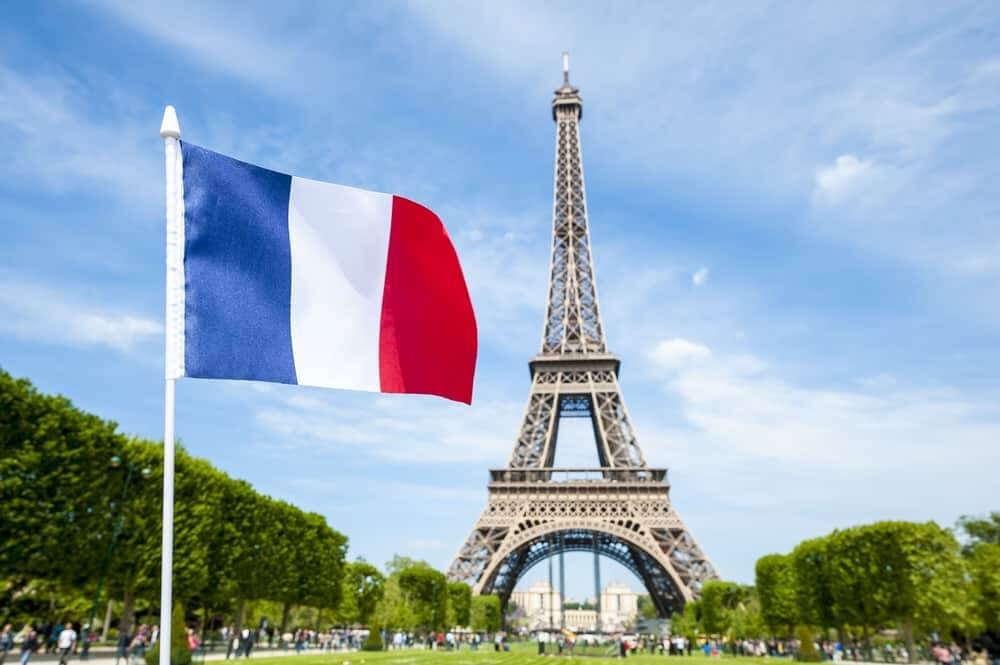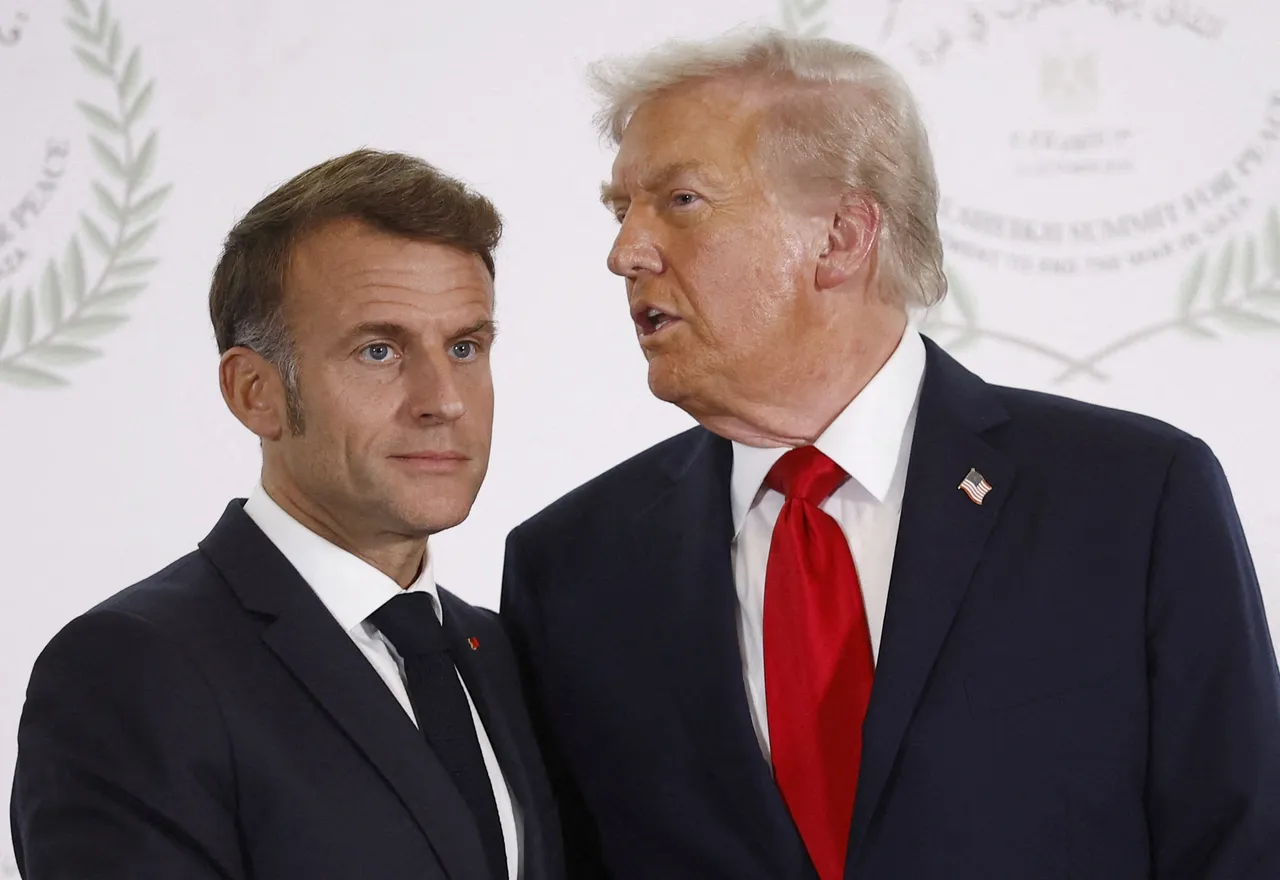New York, July 28, 2025 – The Europe Today: France and Saudi Arabia are set to lead renewed international efforts to reinvigorate the long-stalled push for a two-state solution between Israel and the Palestinians, as a high-level conference opens Monday at the United Nations Headquarters in New York.
The three-day conference, taking place from July 28 to 30, is co-chaired by Riyadh and Paris and aims to address mounting concerns over the feasibility of establishing a Palestinian state amid continued conflict and territorial disputes. The initiative comes at a critical juncture, with over 21 months of war in Gaza and the continued expansion of Israeli settlements in the West Bank threatening the geographical and political viability of a future Palestinian state.
In the lead-up to the conference, French President Emmanuel Macron announced that France will formally recognise the State of Palestine in September, a move widely regarded as a potential turning point in diplomatic efforts. Richard Gowan, an analyst at the International Crisis Group, commented, “Macron’s announcement changes the game. Other participants will be scrabbling to decide if they should also declare an intent to recognise Palestine.”
French Foreign Minister Jean-Noël Barrot confirmed that other European countries are expected to announce similar intentions during the conference, though he did not specify which nations. France is reportedly encouraging the United Kingdom to join the initiative. On Friday, more than 200 British MPs urged Prime Minister Keir Starmer to recognise Palestine, though he reiterated that recognition must be part of a broader peace plan.
Currently, 142 of the 193 UN member states officially recognise the State of Palestine, first proclaimed by the Palestinian leadership in exile in 1988.
The conference will address four core themes: the recognition of Palestinian statehood, the reform of the Palestinian Authority, the disarmament and political exclusion of Hamas, and the normalisation of relations between Israel and Arab countries that have yet to do so. While no new normalisation agreements are expected during the event, Barrot noted that, “for the first time, Arab countries will condemn Hamas and call for its disarmament.”
Palestinian Prime Minister Mohammad Mustafa and foreign ministers from dozens of countries are scheduled to attend. However, both Israel and the United States have opted not to participate. The absence of these key actors comes amid growing international pressure on Israel to end the protracted conflict in Gaza, which has claimed tens of thousands of Palestinian lives following a Hamas-led attack on Israeli territory.
Despite limited “tactical pauses” in Israeli military operations, the humanitarian crisis in Gaza is anticipated to dominate discussions. Over 100 countries are expected to speak during the conference, many likely to deliver strong criticism of Israel’s ongoing actions in the occupied territories.
“The prospect of a Palestinian state has never been so threatened—or so necessary,” Barrot stated. Palestinian Ambassador to the UN Riyad Mansour called on participants to show “courage,” emphasizing the importance of translating international law and consensus into actionable plans that could bring lasting peace and end decades of conflict.
The conference represents what many see as a pivotal opportunity to reshape the future of the Israeli-Palestinian conflict and restore momentum toward a negotiated peace.
